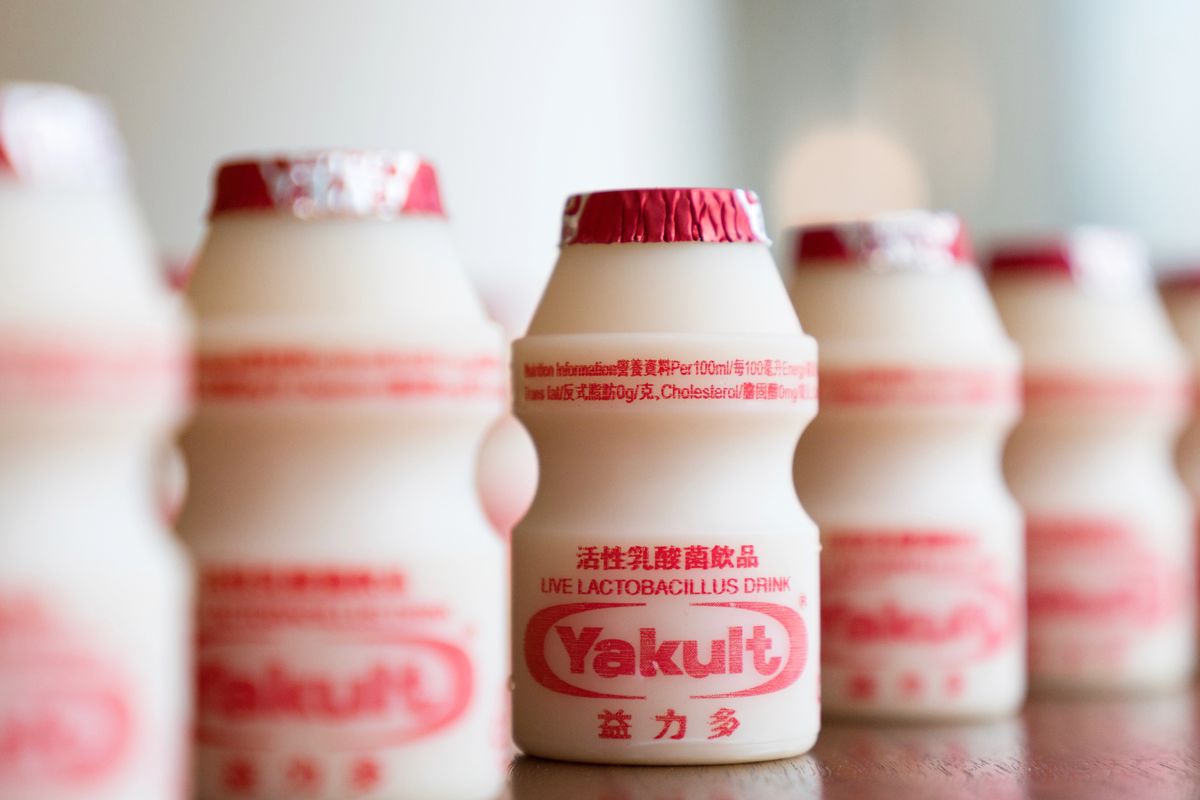Yakult, a Japanese probiotic drink brand, used to enjoy tremendous popularity in the Chinese market, with daily sales of up to 7.5 million. However, in the past year, this company saw a drop in sales by 16.2%. It was also fined recently for false advertising, resulting in a loss in Chinese consumer’s confidence.
Yakult’s reversal in China is mainly due to its misunderstanding of the market. Back in 2002, Yakult made a successful entry into the market. Featured as a drink that keeps the gut healthy, it was well-received with 60,000 sales a day. However, recent years have seen a boom in local probiotic drinks from locally established brands, including Yili Group and Mengniu Dairy. Similar products from those domestic brands are sold 20% cheaper than Yakult’s.
With growing competition from the local brands, Yakult insists on maintaining its price at a higher level and puts more effort into advertising, even at the risk of misleading the market. During the pandemic, it claimed to play an important role in preventing contracting the virus. It is true that Chinese consumers now value health much more than ever, but what Yakult didn’t expect was they also believe in facts, not ideas.
In September, the Chinese government fined Yakult 450,000 RMB ($69,840) for fake claims on preventing coronavirus. Earlier in 2018, A popular video blog “Dad’s Test” (老爸测评) also tested Yakult’s milk drink, with a conclusion that of the 10 billion probiotics in each bottle, only 0.02% that reaches the gut remains active. Moreover, 100ml of the so-called healthy drink contains up to 50% more sugar than Coca-Cola.
China’s vast consumer market has a particular attraction for foreign brands. However, it is not easy to enter, nor to retain a place, without a timely and deep understanding of it.
Read more:









